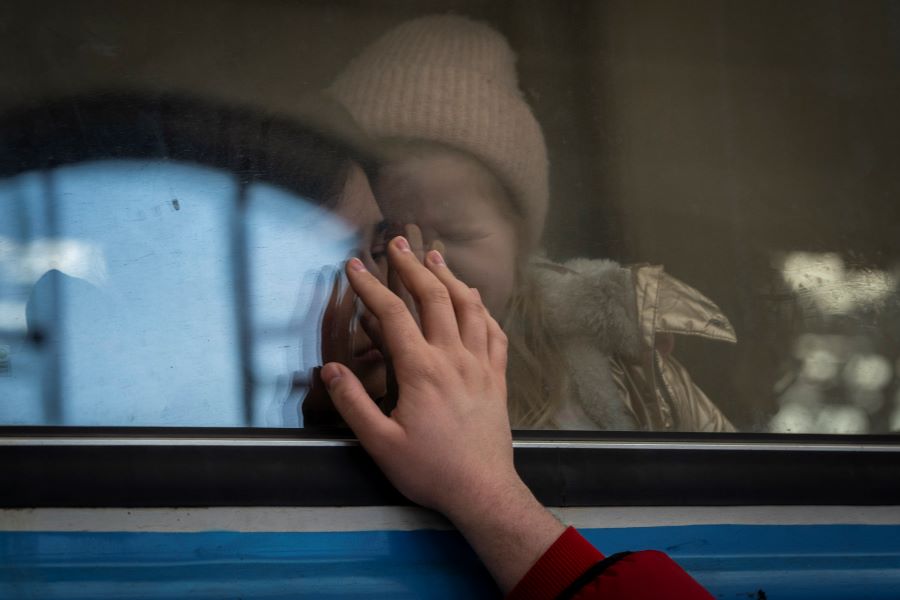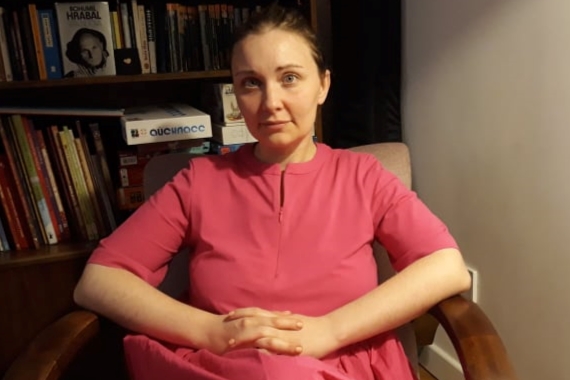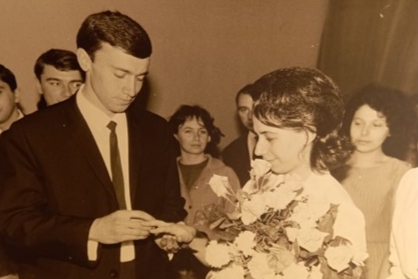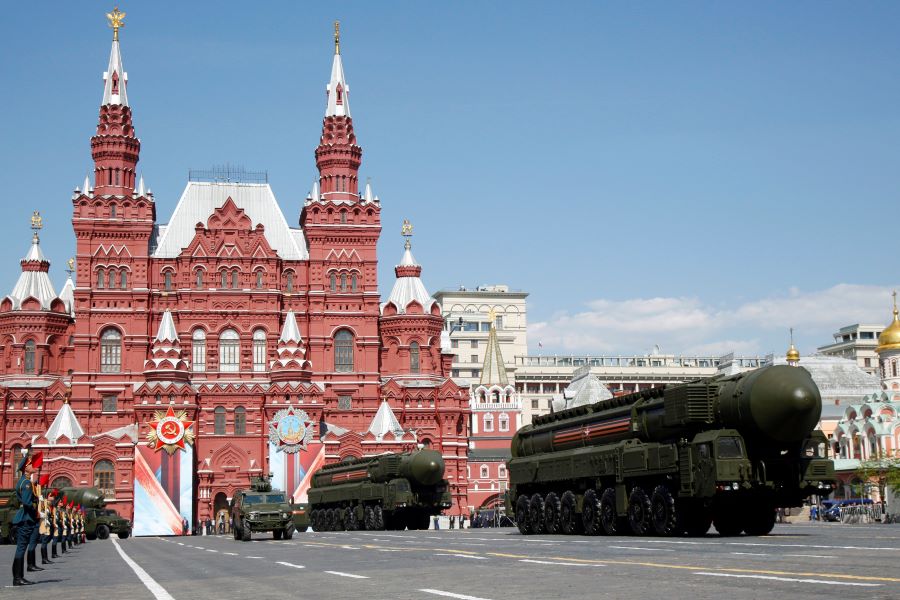
by Urvashi Bundel | 1 Apr 2022 | Art, Conflict, Europe, Human Rights, Immigration, Refugees, Ukraine
A poem by an Indian humanitarian honors refugees fleeing the destruction wrought by Russia’s invasion of Ukraine. We Flap Our Wings Of Fire Do not go brave into that dark, he saidRaising our defiant hands into the sky,We flap our wings of fire.Covered in smoke...

by Nela Piwonska | 31 Mar 2022 | Conflict, Educators' Catalog, Europe, Human Rights, Immigration, Realgymnasium Rämibühl Zürich, Refugees, Student Posts, Ukraine, Youth Voices
More Ukrainians have fled to Poland than any other country. Like so many Poles, my relatives are doing what they can to help. Displaced Ukrainians on a Poland-bound train bid farewell in Lviv, western Ukraine, 22 March 2022. (AP Photo/Bernat Armangue) Here’s how...
The best journalists are good listeners. They hear the words of those worth listening to, and they offer the best quotes to their audience to give voice to the protagonists of the story. Many young writers have difficulty hearing and passing along those quotes. But Nela Piwonska of Realgymnasium Rämibühl Zurich is an exception to the rule and proves it with captivating quotes from relatives in Poland who are on the front lines of Europe’s latest refugee crisis. Against a heartbreaking backdrop of families fleeing war, Piwonska manages to offer an uplifting final quote: “The only positive change in my life is the realisation of how much good is left in people.”
Exercise: Divide your students into teams of two and have them interview each other and then write stories that are based primarily on quotes.

by Helen Womack | 30 Mar 2022 | Conflict, Europe, Eyewitness, Immigration, Refugees, Ukraine
Ukrainian refugees come to Anastasia in Hungary for a night or two before moving on. This Russian is helping refugees while war rages at home. Anastasia at home in Budapest, Hungary (photo by Helen Womack) Anastasia’s phone is constantly ringing. She is at the heart...

by Theodor M. A. Davidoff | 24 Mar 2022 | Discovery, Europe, Identity, Personal Reflections, Politics, Realgymnasium Rämibühl Zürich, Student Posts, Youth Voices
My grandmother has spent her entire life in Georgia. The Soviet Union was not all bad, she said, but Georgia’s dawning independence was beautiful. My grandfather and grandmother, Ellen Bagdasarian Davidova, getting married in 1967 “My name is Ellen Davidova,...

by Harvey Morris | 22 Mar 2022 | Conflict, Decoders, Educators' Catalog, Ukraine, World
Three decades after the collapse of the Soviet Union, Russia’s invasion of Ukraine has revived dormant fears of a catastrophic nuclear war. Russian missile launchers, capable of firing nuclear warheads, in Red Square in Moscow, Russia, 9 May 2016 (AP...
The world’s optimists thought the era of Mutually Assured Destruction was over with the collapse of the Soviet Union, but Russia’s invasion of Ukraine has stirred fears of nuclear war – anxieties that many young people around the world have never experienced. Harvey Morris takes a horrific topic – what he calls “a suicide pact between the superpowers” – and examines the irony of the nuclear age: that to ensure there would be no nuclear war, the United States and the Soviet Union both had to have weapons of mass destruction. He offers a highly readable introduction to the harsh realities of the nuclear age – realities that all generations are compelled to live with.
Exercise: Ask your students to debate the resolution: “The best way to ensure there will never be nuclear war is to ensure adversaries have recourse to nuclear weapons.”





